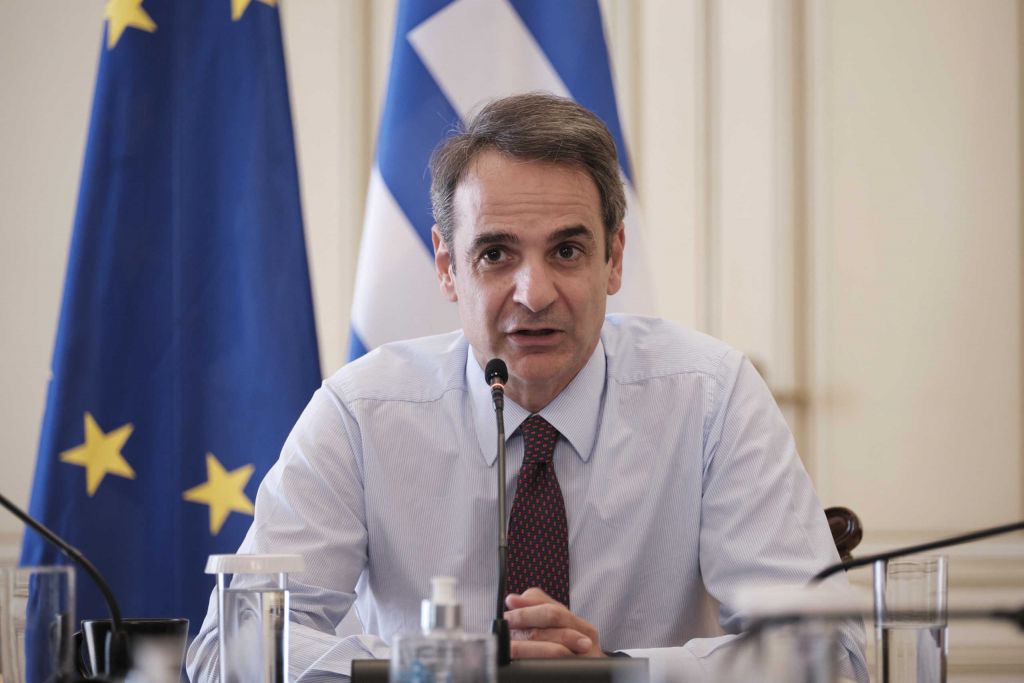The government on Friday, as widely expected, announced a new minimum monthly wage increase, raising the figure by 6.4% euros to stand at 830 euros (gross pay), and set to take effect on April 1.
This marks the Mitsotakis government’s fourth announced increase since 2019, and comes exactly a year after after a previous increase, which set the minimum salary rate to 780 euros.
Greek Prime Minister Kyriakos Mitsotakis, speaking a day after his government survived a no-confidence vote in Parliament, reiterated that his two successive governments have raised the minimum monthly wage by 27% since 2019, when the figure stood at 650 euros.
He also said the decision had been thoroughly studied and will not jeopardize the economy’s resilience or competitiveness, nor will it hinder efforts to reduce unemployment. He cited, in particular, a higher wage for wage-earners in the booming but seasonal tourism sector.
The current center-right government has pledged to raise the average monthly salary in the country to 1,500 euros per by the end of its four-year tenure.
The higher monthly minimum wage will also correspondingly raise bonuses and subsidies – such as a 12-month unemployment benefit – linked with the salary.
The hike is estimated to positively impact approximately 600,000 wage-earners, depending on their years of employment, as follows:
Under three years of employment: 830 euros
– Three years: 913 euros
– Two 3-year periods of employment: 996 euros
– Three 3-year periods of employment: 1,079 euros
– Married wage-earners will see an additional 83 euros.



